Puerto Ricans are fleeing en masse amid slow hurricane recovery, lack of potable water

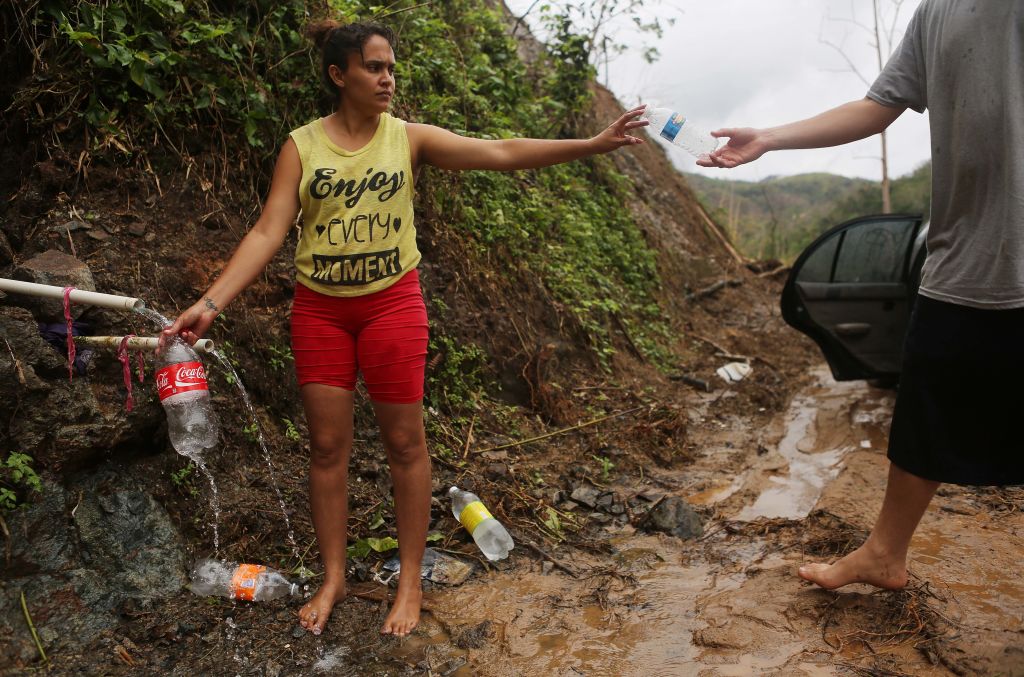
A free daily email with the biggest news stories of the day – and the best features from TheWeek.com
You are now subscribed
Your newsletter sign-up was successful
Three weeks after Hurricane Maria slammed Puerto Rico on Sept. 20, 85 percent of the U.S. territory doesn't have power, 40 percent of residents don't have drinkable water, and with so many homes destroyed and conditions improving at a slow pace, tens of thousands of Puerto Ricans have fled to the continental U.S., some of them probably permanently. The Trump administration let its Jones Act waiver lapse on Sunday night, with no plans to reinstate it, and Gov. Ricardo Rosselló told CBS News correspondent David Begnaud on Tuesday that he would prefer the shipping restrictions be lifted again, because "at this juncture, why not use all the tools available?"
The death toll from the hurricane is officially about 34, though it's probably higher, and Rosselló told Begnaud he's really worried about a public health crisis tied to contaminated water. At least two people have died from the bacterial infection leptospirosis and at least five others are being treated for symptoms.
"It's really hard to find clean drinking water on this island," Begnaud said in his report Tuesday night. Rosselló "has taken it delicately, I would say, with FEMA and his federal partners. He's given credit to FEMA and the federal government, President Trump specifically, for helping him out, but whatever help is being given is not happening enough, that's the bottom line. It's three weeks since this hurricane, and there's not enough water on this island, that people so desperately need."
The Week
Escape your echo chamber. Get the facts behind the news, plus analysis from multiple perspectives.

Sign up for The Week's Free Newsletters
From our morning news briefing to a weekly Good News Newsletter, get the best of The Week delivered directly to your inbox.
From our morning news briefing to a weekly Good News Newsletter, get the best of The Week delivered directly to your inbox.
"What do you want from your government?" Begnaud asked local police officer Daniel Pacheco. "Just to show up," he said. "We're just asking for people to move the gas, people to move the food."
A free daily email with the biggest news stories of the day – and the best features from TheWeek.com
Peter has worked as a news and culture writer and editor at The Week since the site's launch in 2008. He covers politics, world affairs, religion and cultural currents. His journalism career began as a copy editor at a financial newswire and has included editorial positions at The New York Times Magazine, Facts on File, and Oregon State University.
-
 How Democrats are turning DOJ lemons into partisan lemonade
How Democrats are turning DOJ lemons into partisan lemonadeTODAY’S BIG QUESTION As the Trump administration continues to try — and fail — at indicting its political enemies, Democratic lawmakers have begun seizing the moment for themselves
-
 ICE’s new targets post-Minnesota retreat
ICE’s new targets post-Minnesota retreatIn the Spotlight Several cities are reportedly on ICE’s list for immigration crackdowns
-
 ‘Those rights don’t exist to protect criminals’
‘Those rights don’t exist to protect criminals’Instant Opinion Opinion, comment and editorials of the day
-
 Death toll from Southeast Asia storms tops 1,000
Death toll from Southeast Asia storms tops 1,000speed read Catastrophic floods and landslides have struck Sri Lanka, Indonesia, Thailand and Malaysia
-
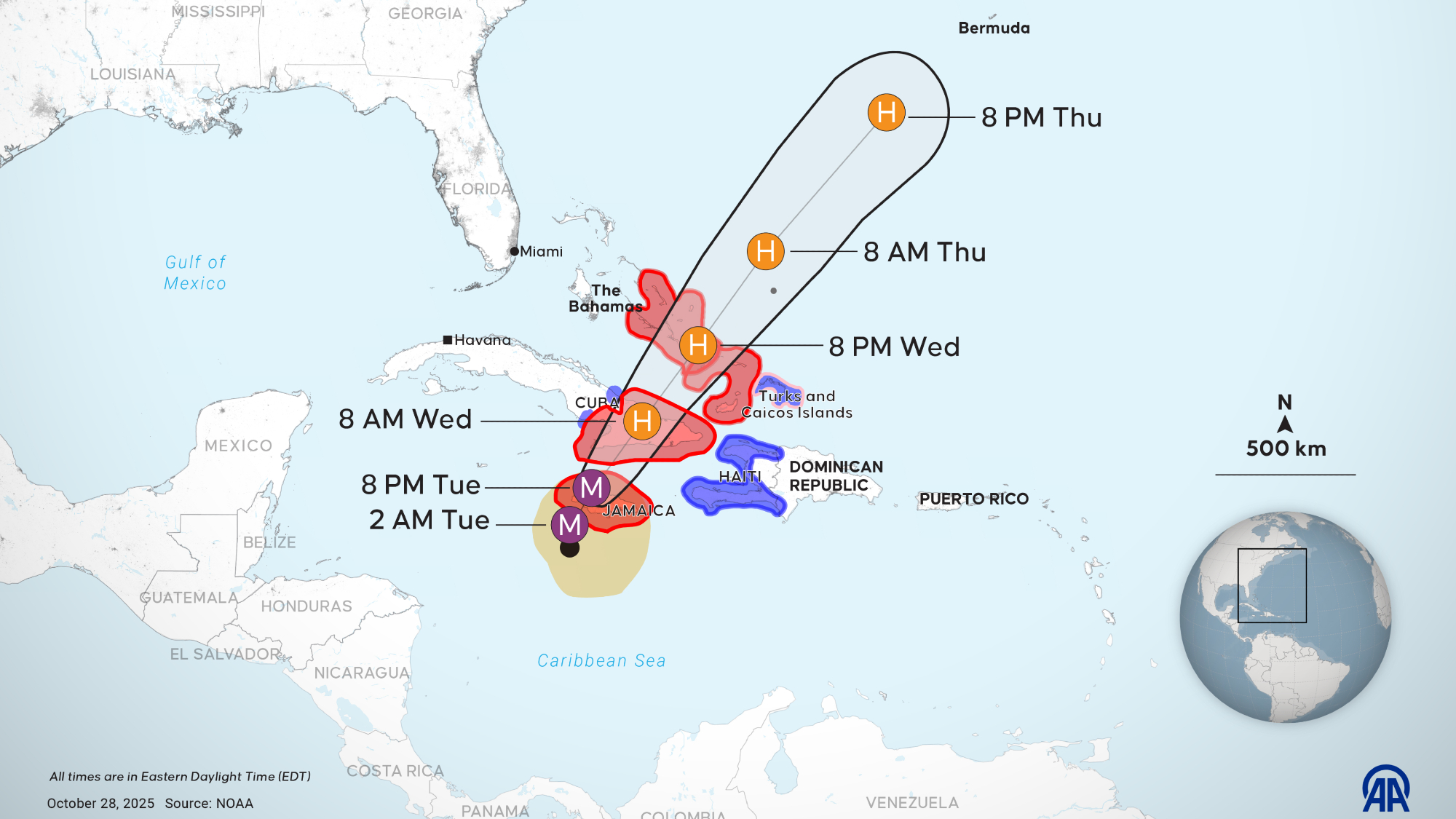 Hurricane Melissa slams Jamaica as Category 5 storm
Hurricane Melissa slams Jamaica as Category 5 stormSpeed Read The year’s most powerful storm is also expected to be the strongest ever recorded in Jamaica
-
 Renewables top coal as Trump seeks reversal
Renewables top coal as Trump seeks reversalSpeed Read For the first time, renewable energy sources generated more power than coal, said a new report
-
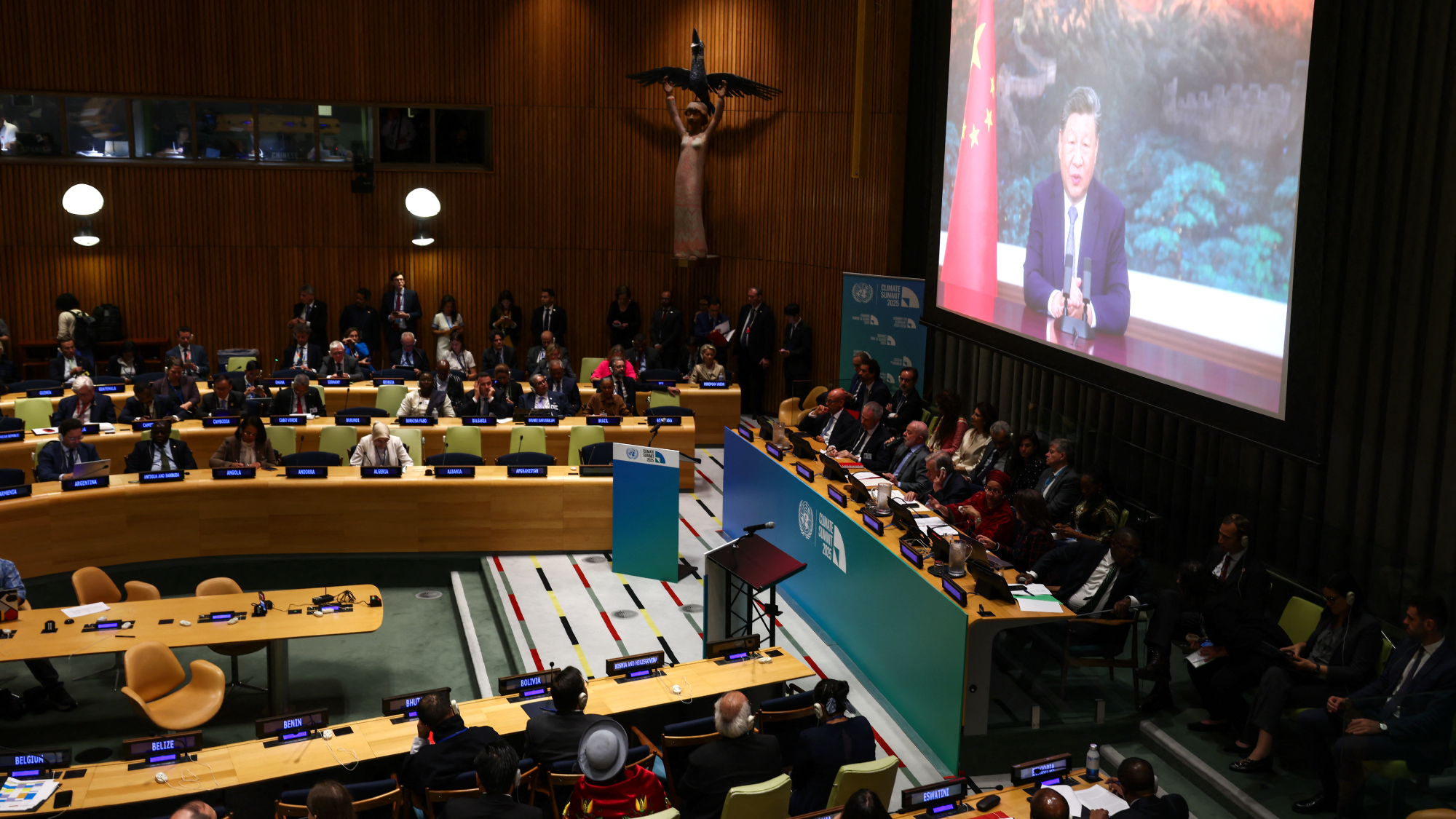 China vows first emissions cut, sidelining US
China vows first emissions cut, sidelining USSpeed Read The US, the world’s No. 2 emitter, did not attend the New York summit
-
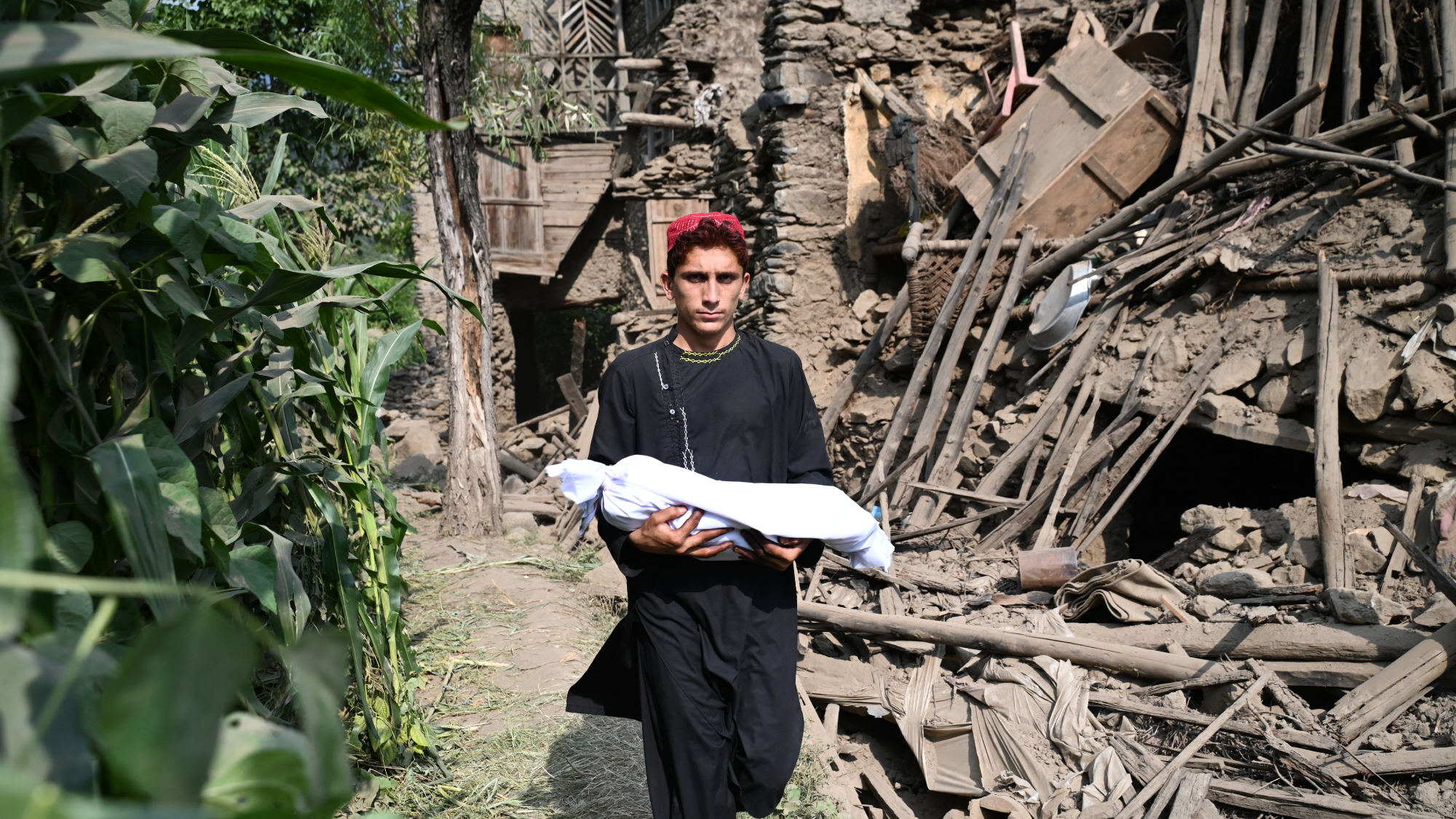 At least 800 dead in Afghanistan earthquake
At least 800 dead in Afghanistan earthquakespeed read A magnitude 6.0 earthquake hit a mountainous region of eastern Afghanistan
-
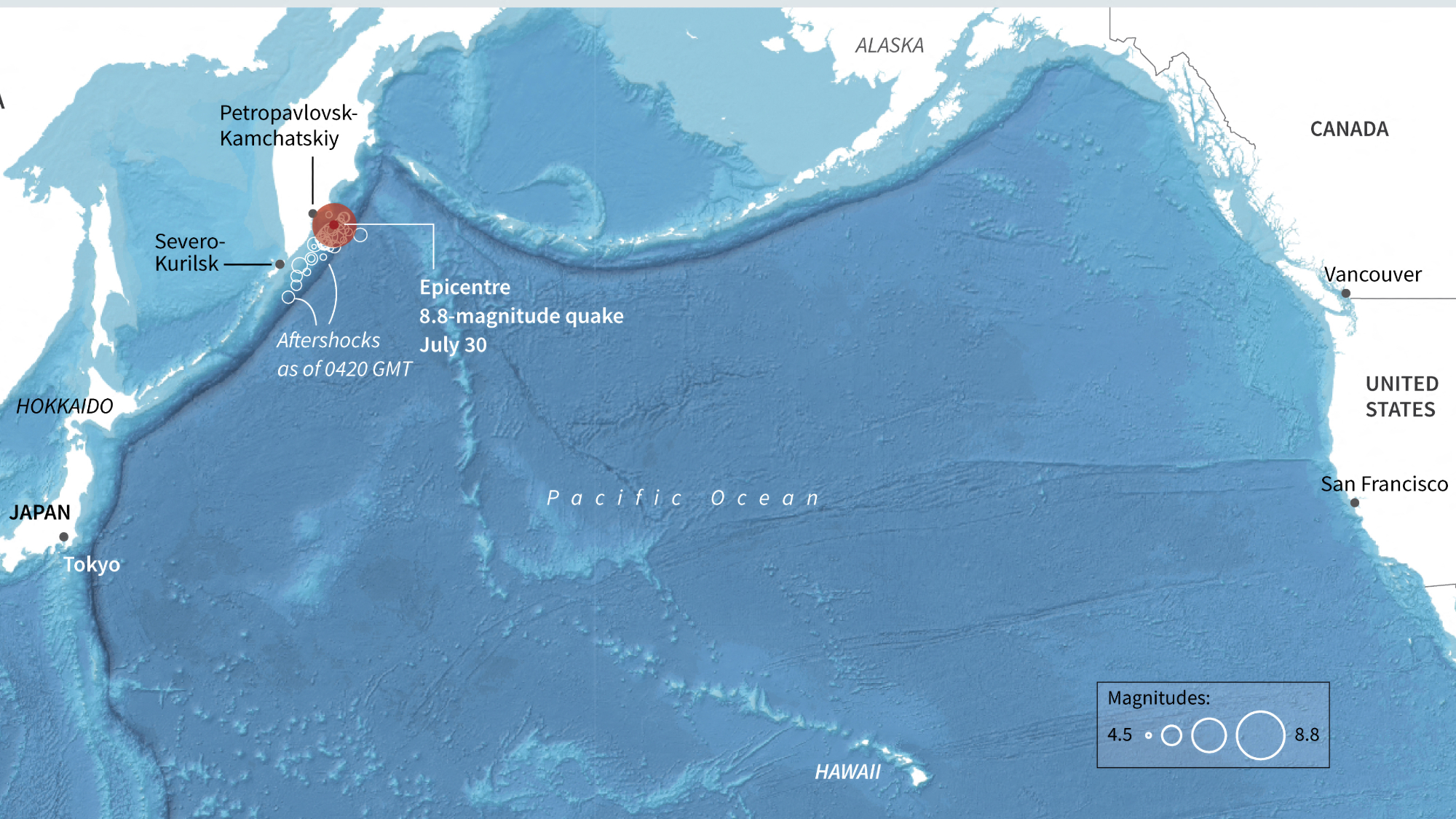 Massive earthquake sends tsunami across Pacific
Massive earthquake sends tsunami across PacificSpeed Read Hundreds of thousands of people in Japan and Hawaii were told to evacuate to higher ground
-
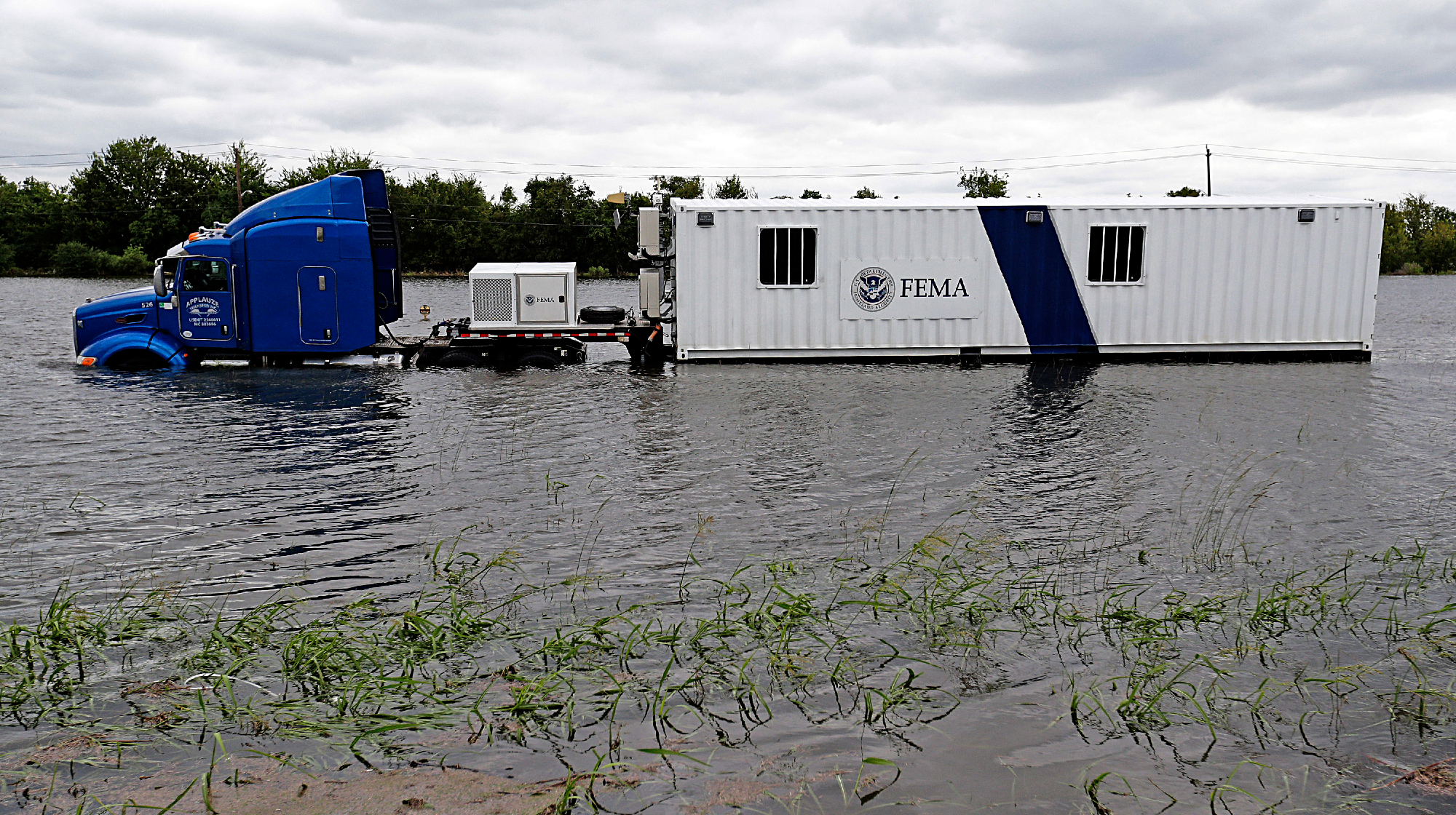 FEMA Urban Search and Rescue chief resigns
FEMA Urban Search and Rescue chief resignsSpeed Read Ken Pagurek has left the organization, citing 'chaos'
-
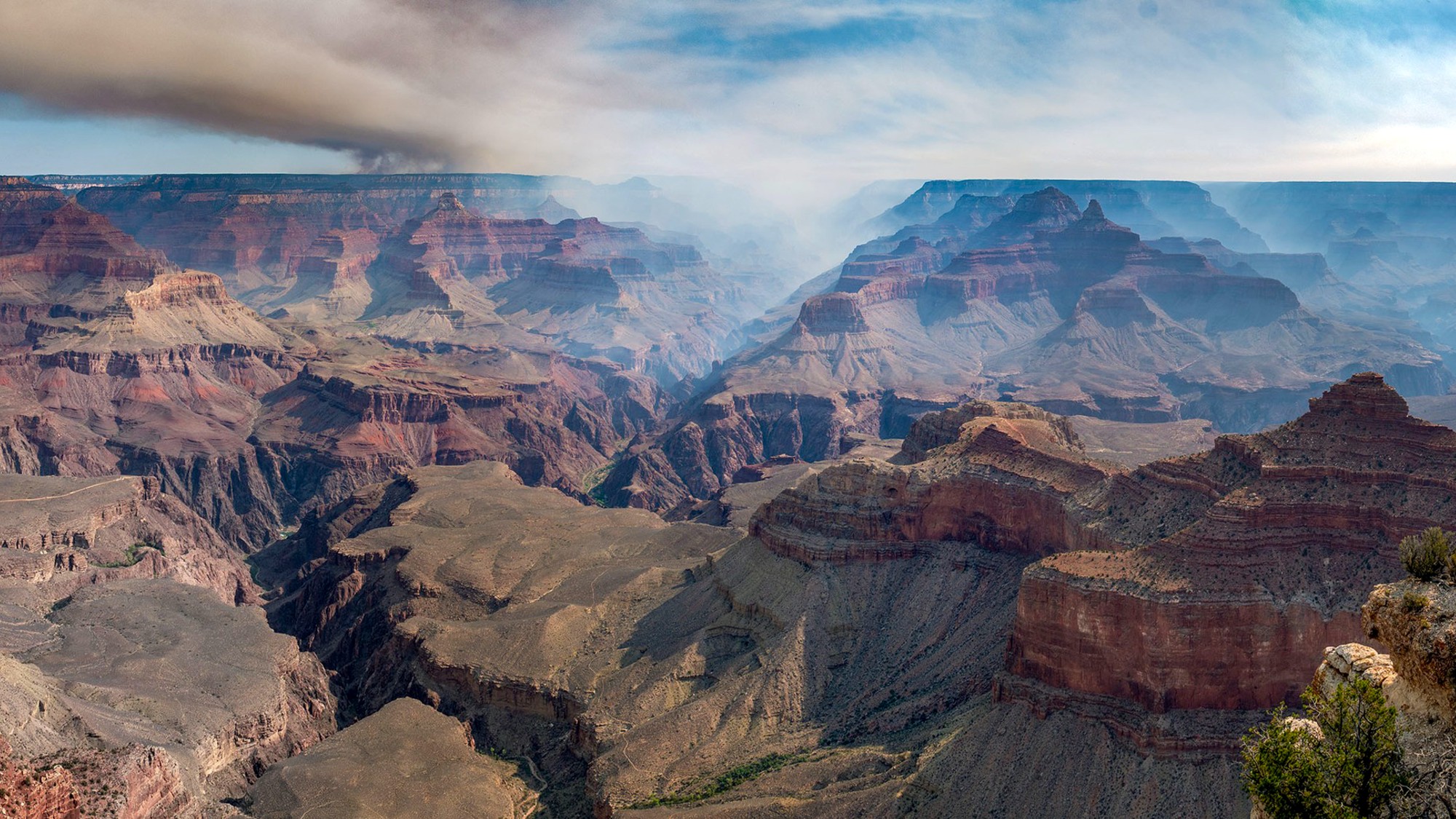 Wildfires destroy historic Grand Canyon lodge
Wildfires destroy historic Grand Canyon lodgeSpeed Read Dozens of structures on the North Rim have succumbed to the Dragon Bravo Fire
